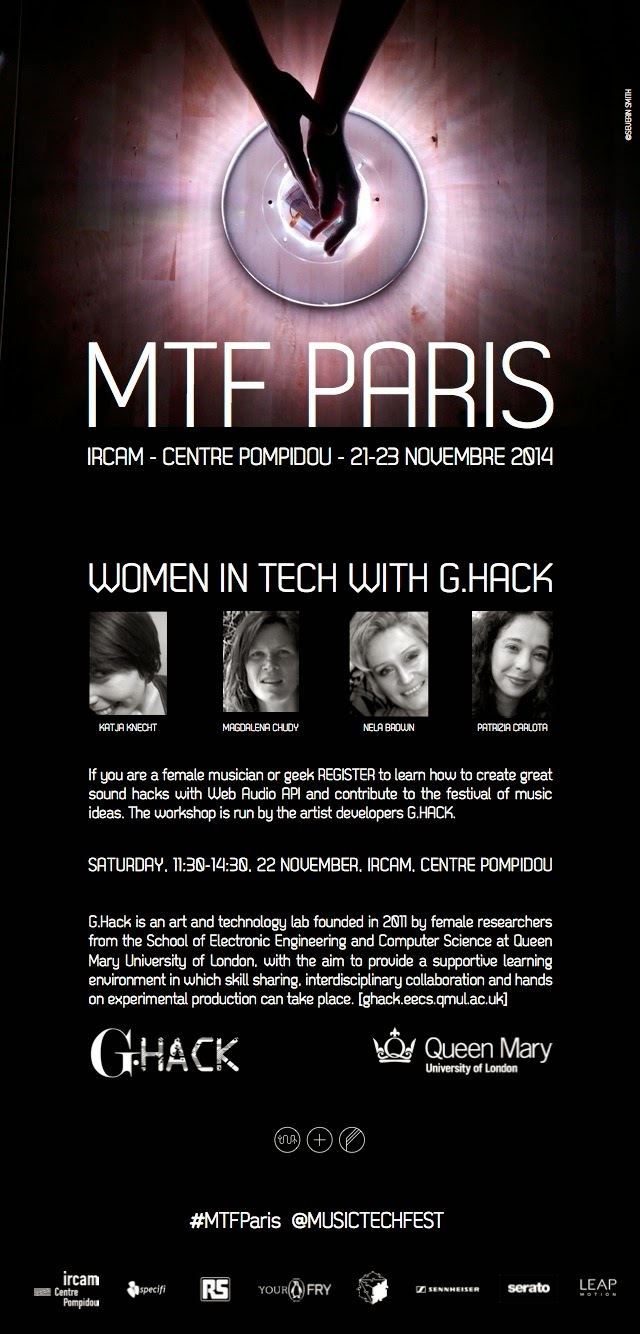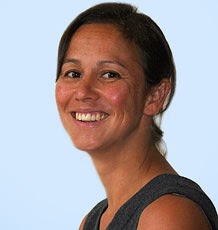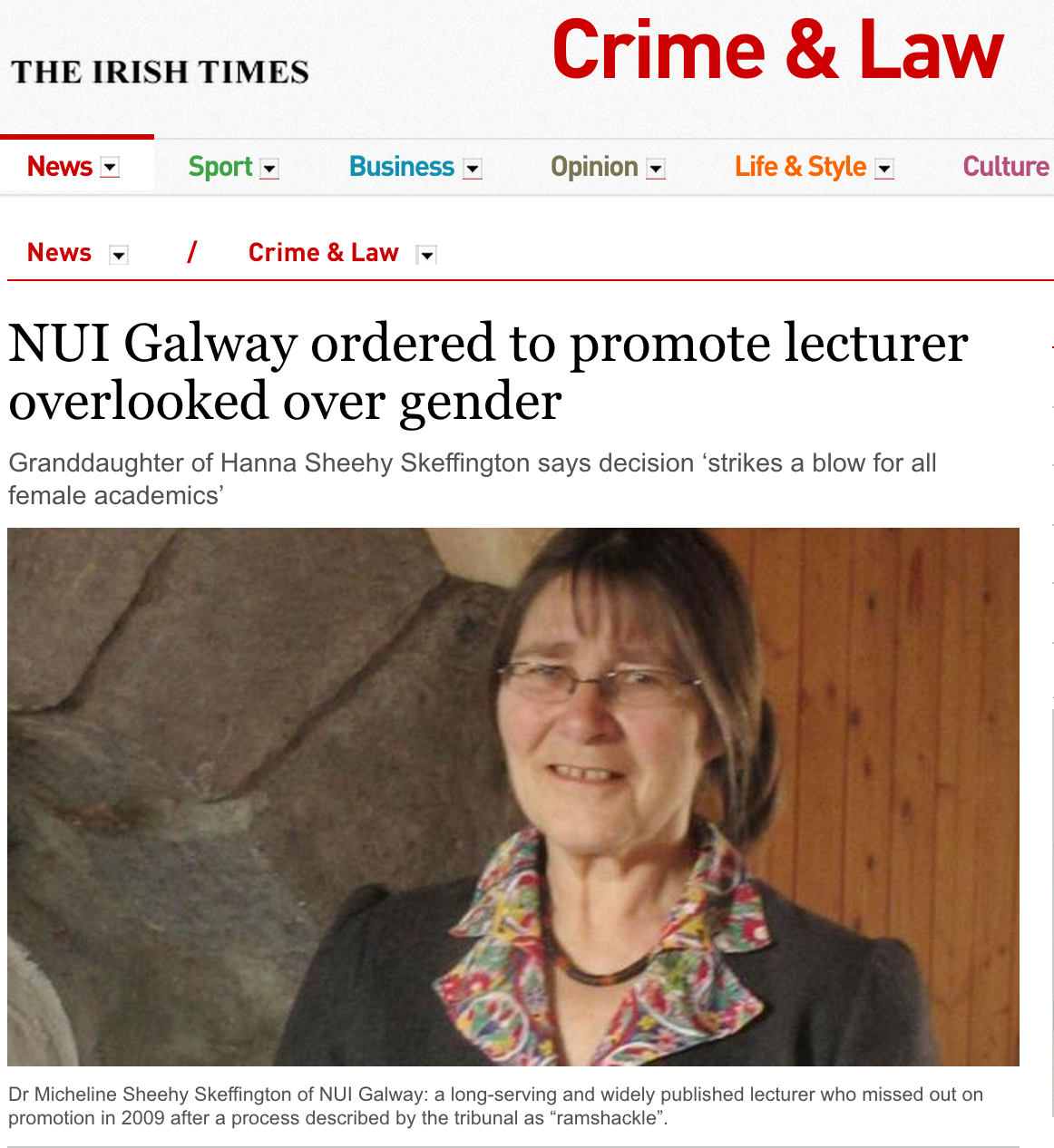The inaugural CignetS Athena SWAN for Computer Science workshop will take place at the British Computer Society Headquarters on the 1st Floor of the Davidson Building (5 Southampton Street, London WC2E 7HA) from 10am to 4pm on Monday, 1 December 2014. The event is sponsored by the BCS Academy of Computing; the link to the event website is www.bcs.org/content/conEvent/8848, and the link for booking a place is events.bcs.org/book/1171. The agenda is attached below.
The 4 main speakers will speak for 15 minutes each with 10 minutes for questions.
1000-1015: Arrival, registration, refreshments.
1015-1020: John Clark (York) – introduction to the workshop.
1015-1040: Harri C Weeks (ECU) – past, present, future of Athena Swan; some statistics on awards; recommendations on Bronze versus Silver for first-time departmental entry, etc.
1040-1105: Peter Clarkson (Kent) – case study on how to manage an Athena Swan departmental application in a University with little experience or expertise in Athena Swan
1105-1110: Break
1110-1135: Jane Hillston (Edinburgh) – case study on how to manage an Athena Swan departmental application in a University with a lot of experience and expertise in Athena Swan
1135-1200: Caroline Wardle (UCL and Queen Mary) – a panelist’s viewpoint on good and bad practices in developing an application for an Athena Swan Bronze or Silver dept. award; reflections on the judging process.
1300-1400: Ideas we have found highly effective
A session where participants are invited to identify their top one or two Athena Swan related
ideas to improve CS Departments.
1400-1445: Discussion topics and panel
This session will be driven by the discussion topics identified earlier.
1445-1515: Refreshments and networking
1515-1600: Final session: The way forward for the CS Athena Swan Community











